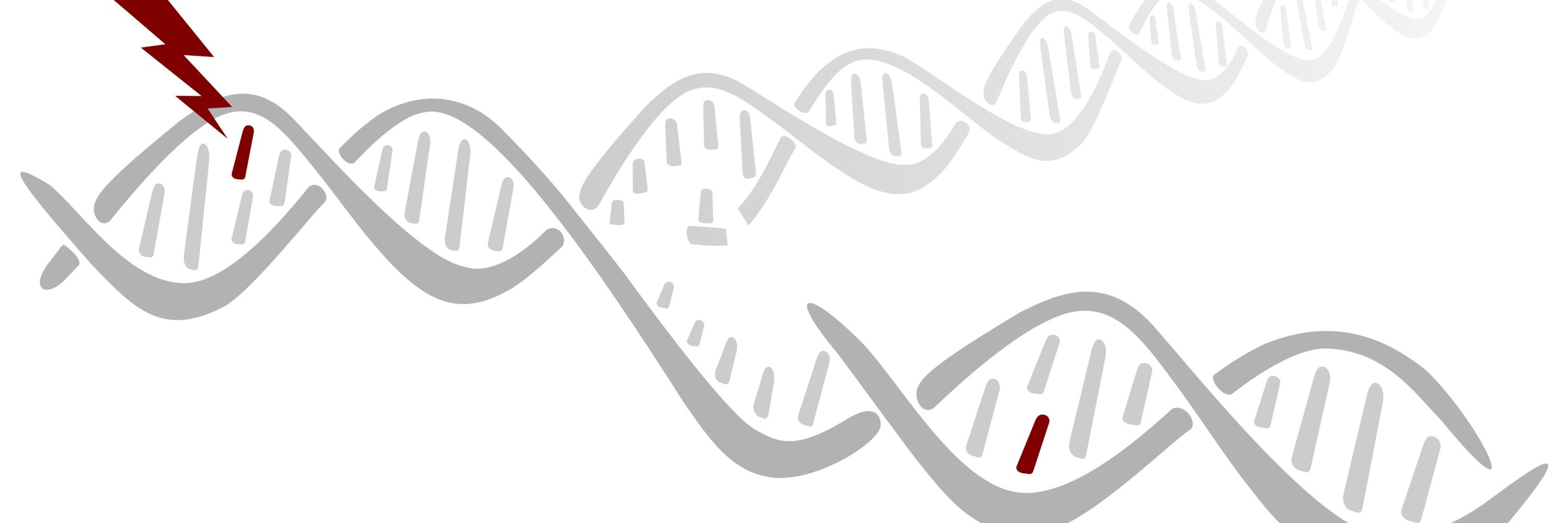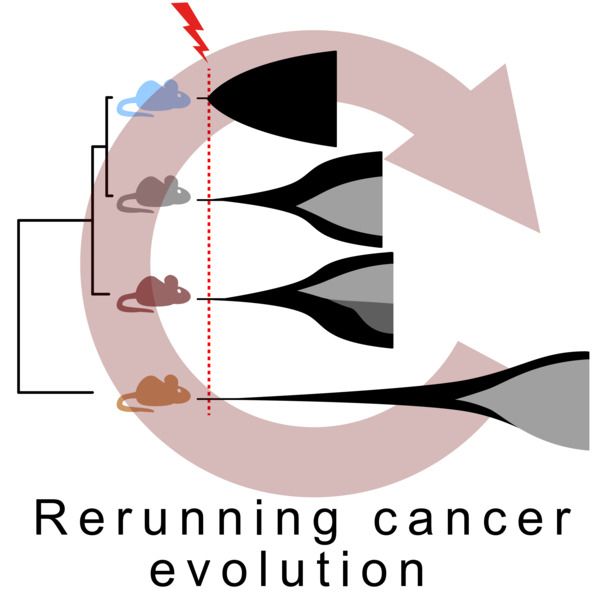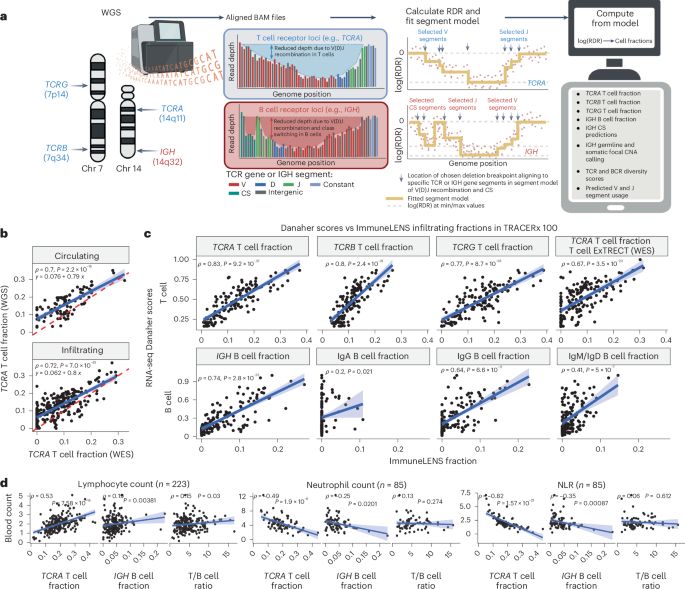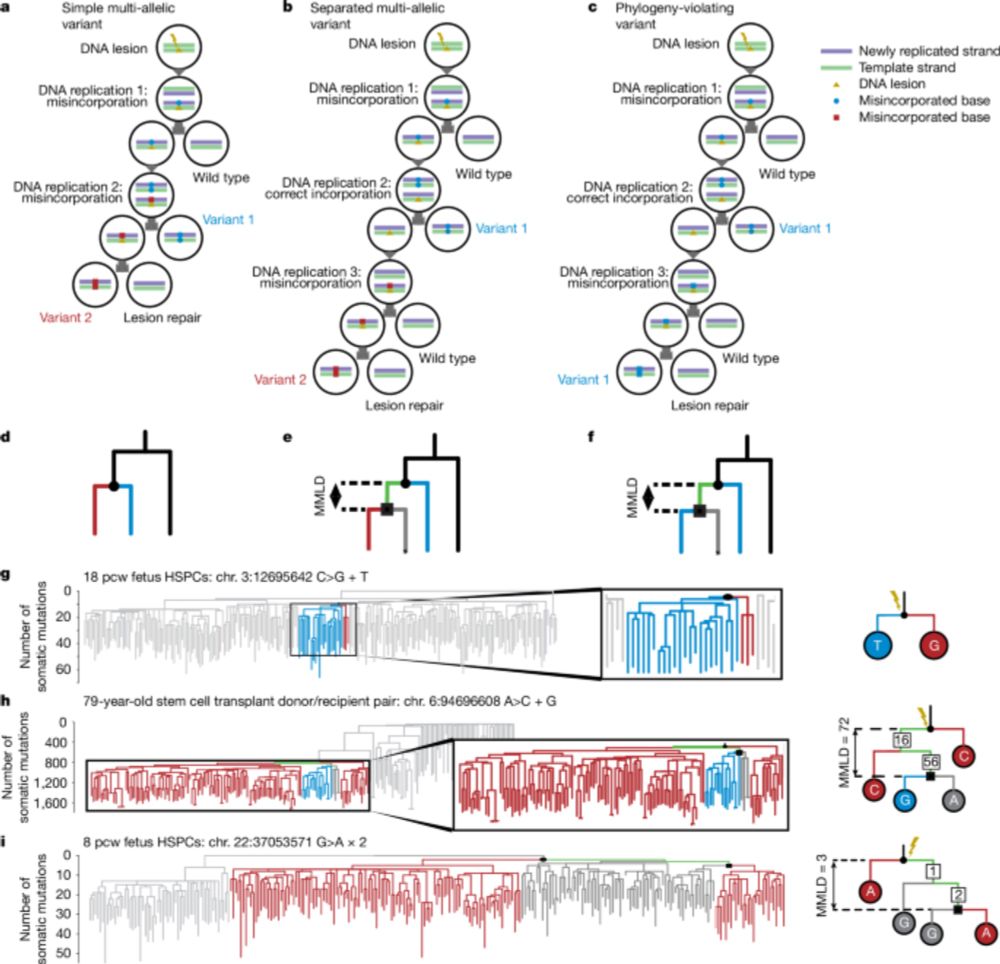
scientist | mutagenesis | genome biology | selection | cancer

Does the germline genome affect that predictability...?
Preprint: www.biorxiv.org/content/10.1...
🗓️ Conference dates: 13-15 April 2026
Participate in expert-led knowledge exchange on how genome evolution shapes human health and ageing 🧬
Check out our exciting speakers ➡️ bit.ly/4hmbnyr
#Genomics


@cmvm-edinburghuni.bsky.social

@cmvm-edinburghuni.bsky.social
You'll learn a lot and it'll be fun and interesting!
#DKTK @dkfz.bsky.social @lmumuenchen.bsky.social

You'll learn a lot and it'll be fun and interesting!
#DKTK @dkfz.bsky.social @lmumuenchen.bsky.social
It was a pleasure to write this #NewsAndViews with our PhD student Emma Reilly, online today @nature.com
rdcu.be/em0qi
@cruk-ci.bsky.social @spjacksongroup.bsky.social @yalepathology.bsky.social @yalecancer.bsky.social
It was a pleasure to write this #NewsAndViews with our PhD student Emma Reilly, online today @nature.com
rdcu.be/em0qi
@cruk-ci.bsky.social @spjacksongroup.bsky.social @yalepathology.bsky.social @yalecancer.bsky.social
Please help to spread the word!
Adverts with full details below ⬇️
Please help to spread the word!
Adverts with full details below ⬇️

Our paper in @nature.com today came from just such a blip. So don’t ignore the weird stuff. Pull on that thread...

Our paper in @nature.com today came from just such a blip. So don’t ignore the weird stuff. Pull on that thread...
Does the germline genome affect that predictability...?
Preprint: www.biorxiv.org/content/10.1...

Does the germline genome affect that predictability...?
Preprint: www.biorxiv.org/content/10.1...
We are very pleased to introduce #StrainDifferences: “Genetic background sets the trajectory of cancer evolution”
www.biorxiv.org/content/10.1...
🧵[1/12]

We are very pleased to introduce #StrainDifferences: “Genetic background sets the trajectory of cancer evolution”
www.biorxiv.org/content/10.1...
🧵[1/12]
"Prolonged persistence of mutagenic DNA lesions in somatic cells"
www.nature.com/articles/s41...

"Prolonged persistence of mutagenic DNA lesions in somatic cells"
www.nature.com/articles/s41...


